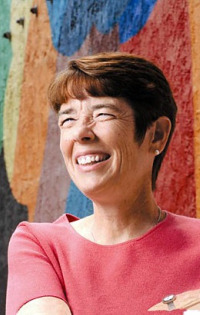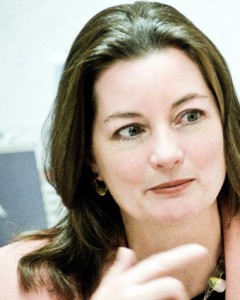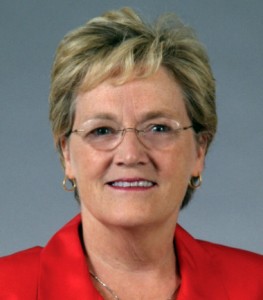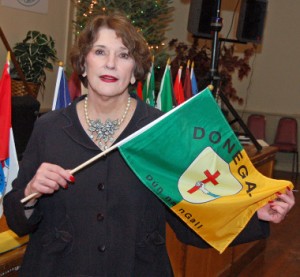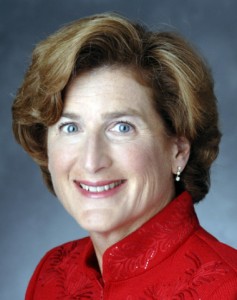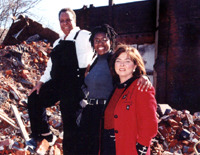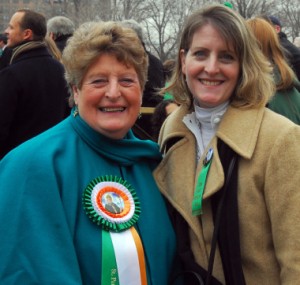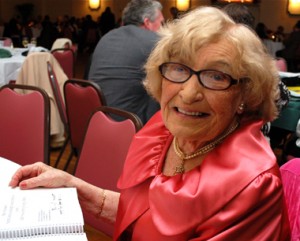For some, the road to a religious life is paved with uncertainty. They wonder: Do I really have a vocation? Do I have what it takes?
Young Mary Scullion harbored no such misgivings. God spoke to the very heart of this girl from an Oxford Circle row home, and she knew it early on.
“There really wasn’t any doubt,” she says. “It was the one thing I wanted to do when I was young. That’s what I felt most drawn to.”
Today, Mary Scullion is as resolved in her commitment to the religious life and the Catholic church’s mission of social justice as she was when she entered the Sisters of Mercy in 1972 at the age of 19. Now extraordinarily well known as the co-founder with Joan Dawson McConnon of Philadelphia’s Project H.O.M.E., one can only describe her life and career as remarkable.
Project H.O.M.E. is devoted to ending homelessness in Philadelphia. Since its founding in 1989, the project has reduced homelessness by half. An estimated 95 percent of the homeless people who enter the program don’t go back to the streets.
That’s impressive. But it is still far short of the goal set by Sister Mary Scullion and her colleagues and supporters. (Among the latter is rocker Jon Bon Jovi.) They live by these words: None of us are at home until all of are at home.
In 2009, Time Magazine recognized Mary Scullion’s good works by naming her one of the 100 most influential people in the world. (She was Number 17 on the list of Heroes & Icons, just before Oprah Winfrey and Sarah Palin.)
Probably no one whose life is described as inspirational gets to that point without being inspired by others. For Mary Scullion, there were many, including activist Dorothy Day, Mother Theresa and Jesuit Father Pedro Arrupe, all of whom attended the 41st Eucharistic Congress in 1976, held in Philadelphia.
Sister Mary, who was also there, was especially moved by Father Arrupe. “He talked about how, if anyone is hungry anywhere in the world, the Eucharist is incomplete everywhere in the world,” she recalls. “That has still resonated with me over the past 40 years.”
Another source of inspiration to Mary Scullion is someone who believed in her vocation when others—including her father Joseph, born in Derry, and her mother Sheila from Mayo—weren’t so sure.
“Sister Ellen Cavanaugh was the director of formation (of the Sisters of Mercy). “I do think she had her reservations, but she nonetheless encouraged me and others to participate in workshops for women thinking about the religious life,” says Sister Mary. “She was a wonderful example of what a Sister of Mercy is. She strengthened me by inspiration and by motivation. She was and still is a great woman.”
Although she has been singled out for honor as a “great woman” herself often in her life, Sister Mary Scullion seems dubious about that characterization. “I am a person who struggles, just like everyone else, to be open to God’s grace,” she says. “You just do the best you can.”

